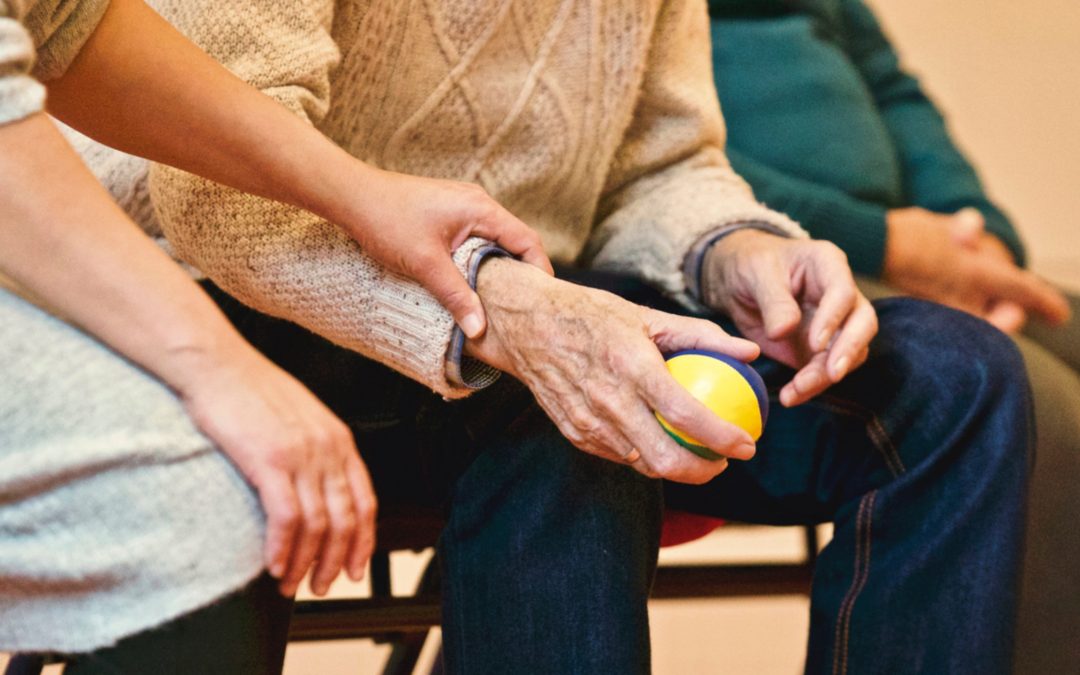Over the years, I’ve spoken to many caregivers who have experienced feelings of isolation, depression, and extreme fatigue as result of the mental and emotional toll that caregiving can have on them. These symptoms are more common than you may think, and many caregivers find themselves in a position where they feel burned out by the demands of caring for family members in need.
It can be difficult for some caregivers to maintain a sense of personal wellbeing while they are spending so much of their time caring for others. In order to facilitate better care for loved ones, and produce a better sense of wellness for caregivers, I believe it’s essential to offer resources that will improve the everyday lives of caregivers.
If you are a caregiver who feels burdened by the extensive requirements of those in need, you’re not alone. Here are some of the biggest issues facing caregivers today, and how we can work towards improving the lives of caregivers, and their loved ones.
The Toll is High
An estimated $25 billion goes into the Canadian caregiving industry each year, making it an exceptionally lucrative industry. This does not include the cost of personal caregiving at the family level; those who give their time and energy into caring for loved ones while having other life responsibilities.
Although I’ve known many caregivers who have stated that they feel obligated to care for sick family members, they frequently encounter challenges when it comes to coping with the high demands, such as long hours, the numerous needs, and sometimes abusive and aggressive behaviour from their loved ones.
As a result, “burnout” is a frequent concern of many caregivers. When you spend so much of your life caring for others, you can often neglect your own mental health needs, which can lead to increased stress and anxiety. Most of this anxiety doesn’t leave at the end of the day: many caregivers have shared with me the emotional toll that follows them throughout their daily lives, and when you are caring for a family member, it makes it difficult to set boundaries and park their caregiving challenges at the door.
Caring for Yourself
As a caregiver, you may feel the need to put everyone ahead of yourself. This may prevent you from seeking out resources to support your own mental health, a process which I believe is highly invaluable to every caregiver. Being an effective caregiver isn’t just about providing the best for your family member; a big part of it is honouring your own mental health needs.
Aside from maintaining a balanced lifestyle, including getting plentiful sleep, having a healthy diet, exercising, and taking vacation time for you and your family, it’s important to seek counselling services when the demands of caregiving feel too extensive. Your Employee Assistance Program offers a wealth of information and support for all caregivers requiring it.
It’s crucial to reach out whenever you feel as though you are overwhelmed. This is one of the reasons why HumanaCare has partnered with CareRelay, a mobile health app that connects caregivers with the tools necessary to track, share, and organize their caregiving for their family members. With the help of CareRelay, our hope is that we can make the lives of all caregivers and their families healthier, happier, and free from some of the exhaustive demands that caregiving can impose upon your mental health. Stay tuned for more details about this exciting caregiver support tool!
For more resources to improve and elevate your mental health while caregiving, contact your Employee Assistance Program.

